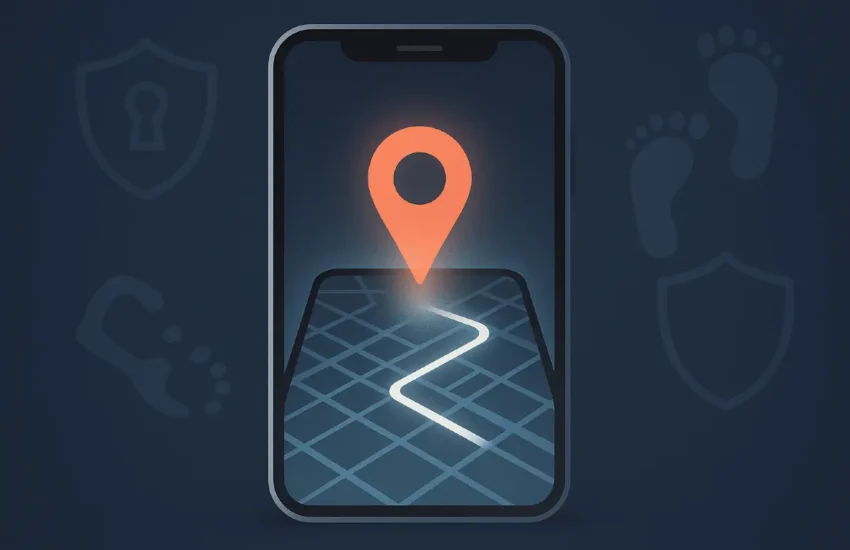HIPAA Privacy Rule: Ensuring Patient Confidentiality
In an era where information is more accessible than ever, maintaining the confidentiality of personal health information stands as a cornerstone of the healthcare industry. The HIPAA Privacy Rule establishes standards to protect folks’ medical records and other personal health information.

Basics of the HIPAA Privacy Rule
The Health Insurance Portability and Accountability Act, or HIPAA Privacy Rule, is a critical framework that safeguards individuals’ health information privacy. HIPAA Compliance sets boundaries on using and releasing health records, ensuring that personal health information is correctly protected while allowing the flow of health data needed to provide high-quality health care.
Under this rule, patients have significant rights over their health data, including the right to examine thoroughly, obtain a copy of their health records, and request corrections. Integrating compliance management software can streamline staying updated with HIPAA requirements, reducing administrative burden.
Leveraging technology solutions helps ensure that policies are consistently applied and managed across the organization.
Implementing the Policies
For healthcare providers, the implementation of robust privacy policies is non-negotiable. Developing these policies involves detailing how patient information can be used and disclosed and ensuring that these practices comply with the law.
HIPAA compliance requires training staff to understand and adhere strictly to these policies, ensuring patient data is dealt with the utmost confidentiality and integrity. Compliance software aids in documenting and managing privacy policies, ensuring they are up-to-date and accessible to all employees.
Digital tools can facilitate HIPAA Compliance training and education components, ensuring all staff understand their roles in protecting patient data.
Data Safeguards
To protect patient information, it is essential to implement multiple series of administrative, technical, and physical safeguards. These measures range from secure electronic systems and password-protected data access to locked filing cabinets and restricted access to areas where patient data is held.
Best practices include regular audits and updates to security protocols to adapt to new threats, ensuring ongoing protection of sensitive data. Organizations can use specialized software to enhance their data safeguards with encrypted storage solutions and secure access controls.
These platforms can provide regular security risk assessments, helping to identify and mitigate potential vulnerabilities in real-time.
Handling Complaints and Violations
An effective program must include mechanisms for receiving and resolving complaints from patients concerning handling their health details.
Facilities must also be equipped to act swiftly and effectively in case of privacy breaches, which includes notifying affected individuals, mitigating harm, and making necessary adjustments to prevent future violations.
These management tools streamline the handling of patient complaints and automate the documentation process, ensuring timely and appropriate responses.
Software solutions can help manage the investigative process of a breach, tracking all steps taken from detection to resolution.
This software automates the reporting process, ensuring all incidents are reported efficiently and accurately to the regulatory bodies.
Long-term Commitment to Patient Privacy
Upholding the HIPPA Privacy Rule is not a one-time compliance effort but a continuous commitment to respecting and protecting patient confidentiality. It requires constant vigilance, improvement of security measures, and adaptation to new challenges in healthcare practices and technology.
The HIPAA plays a pivotal role in healthcare by ensuring that individuals’ health details are protected while supporting the necessities of high-quality healthcare. It empowers patients with control over their details and lays the foundation for trust between them and their healthcare providers.
Ensuring it is both a legal obligation and a critical component of ethical healthcare practice. Emphasizing the integration of compliance software can help organizations maintain rigorous adherence to the HIPAA Privacy Rule with greater ease.
Continuous improvement of these programs, supported by digital tools, ensures the protection of patient information against evolving threats. Automation and digital compliance management save time and increase the accuracy and reliability of such compliance efforts.


